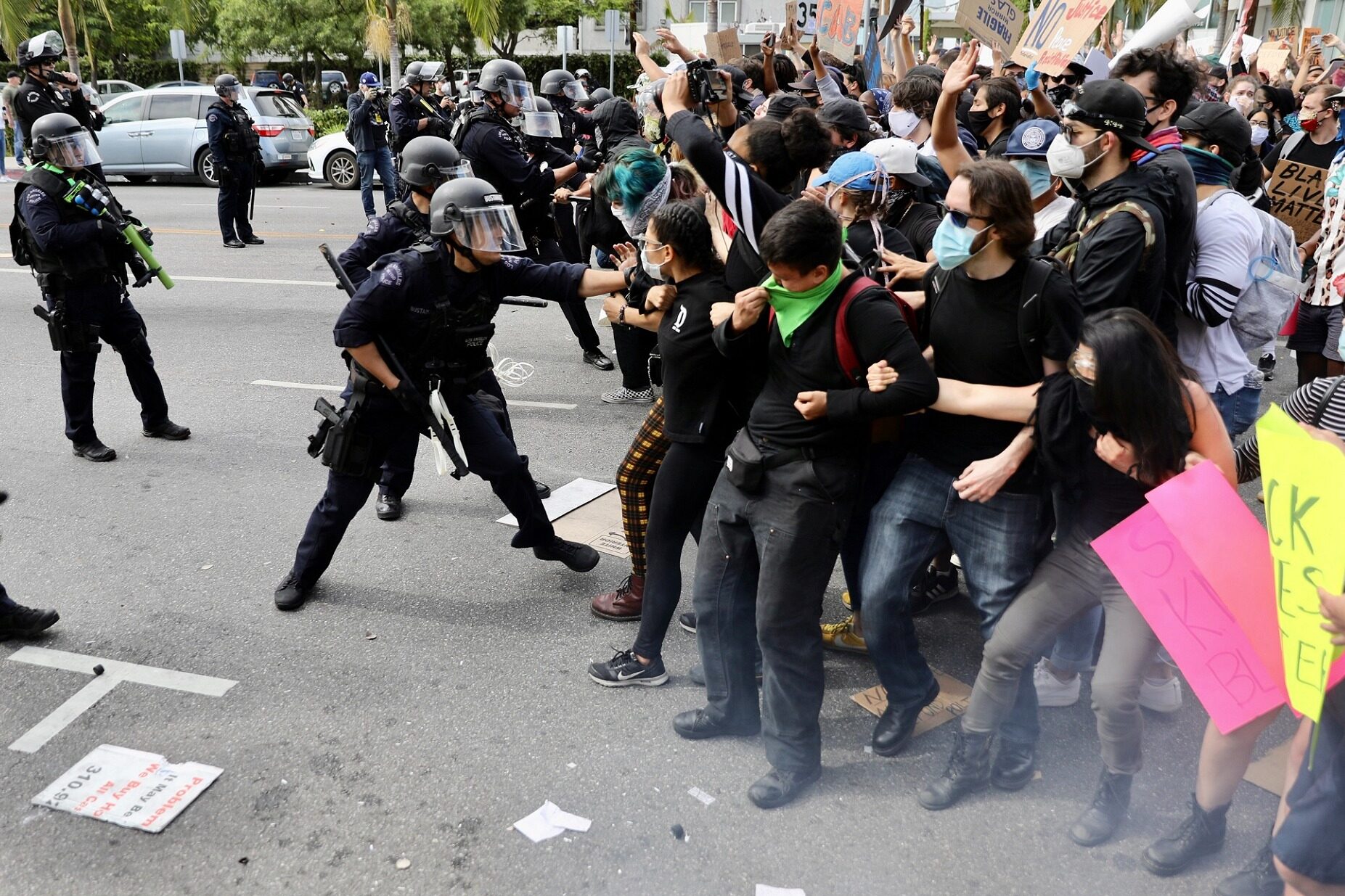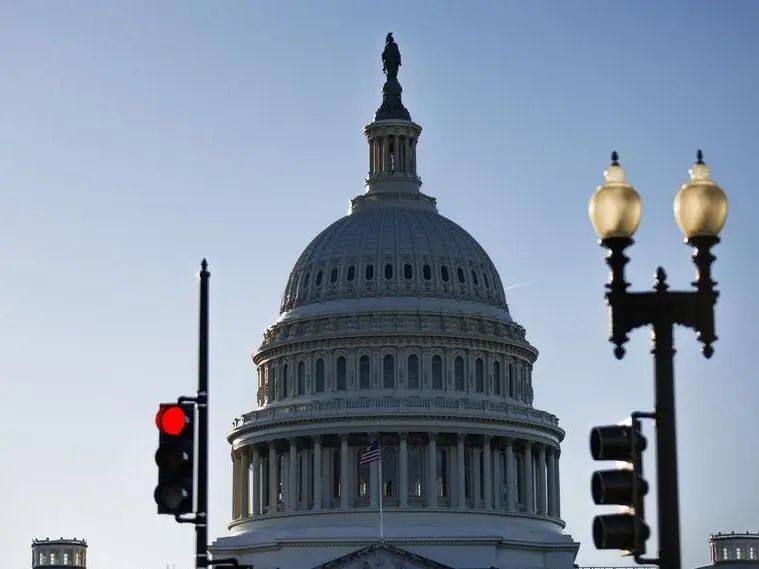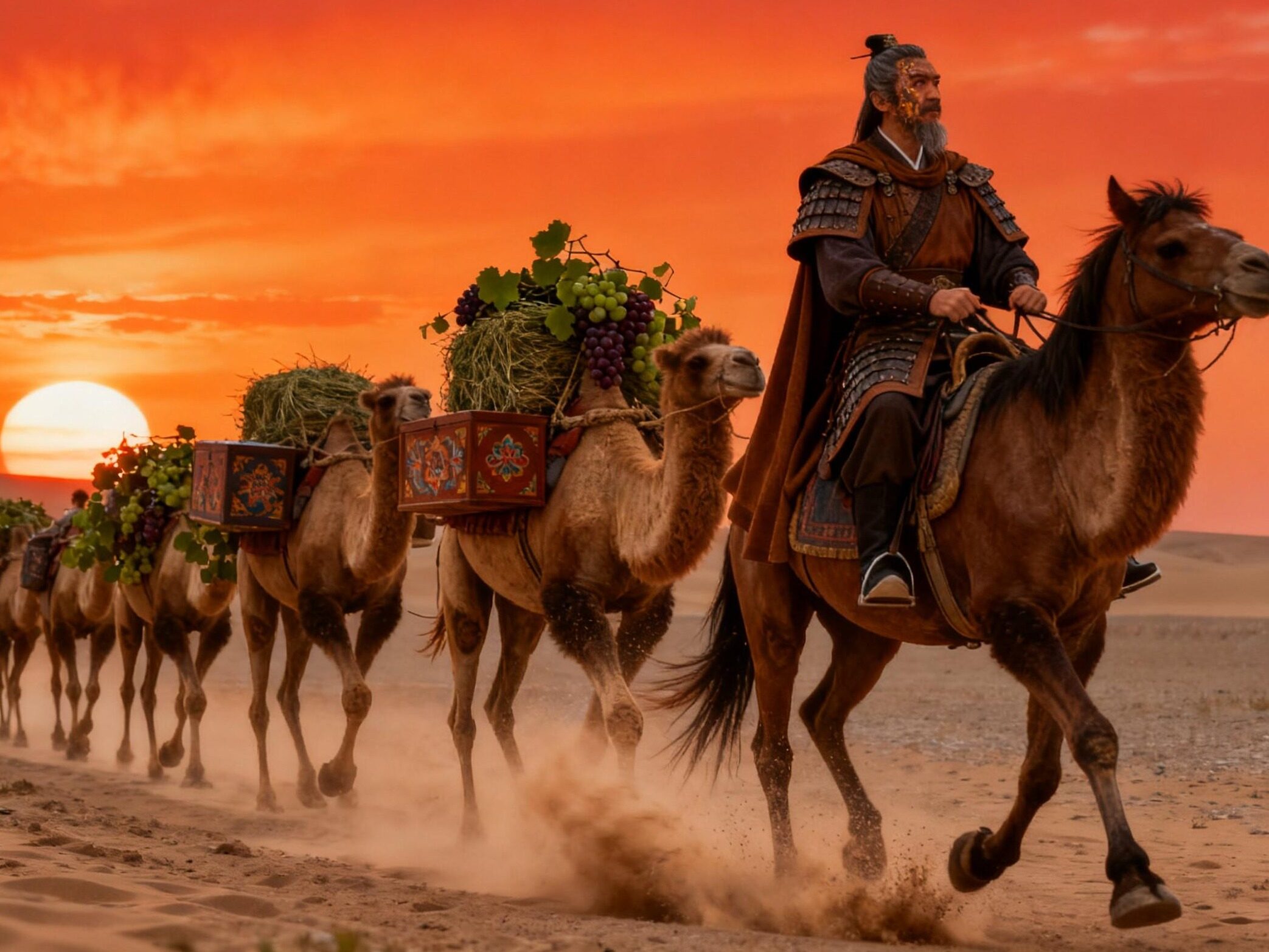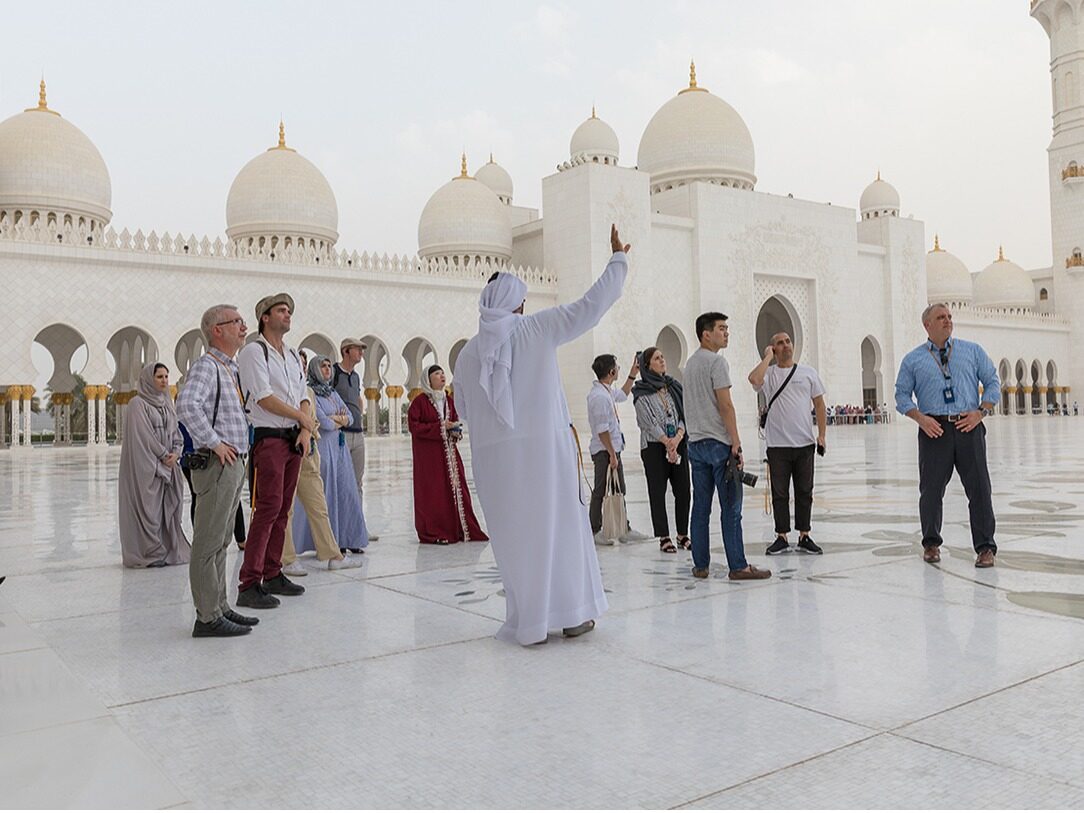- From tribal taboos in primitive societies to modern systems of international law, rules are the basis for the functioning of society

The history of human civilization is a history of the evolution of rules. From tribal taboos in primitive societies to modern systems of international law, rules have always been the basis for maintaining the functioning of society. In the 19th century, Britain established the gold standard through the Banking Charter Act, abolished the Corn Laws to promote free trade, and established the framework of the international order of British governance. Although this system has colonial overtones, it objectively promotes global economic integration.

Hegemony change: the U.S.-led postwar order
After World War II, the United States led the establishment of the United Nations and the Bretton Woods system. Today, 80 years later, however, the superpower has become the biggest disruptor of the rules: from the Trump administration's paralysis of the WTO to Biden's continuation of the tech war against China; From military operations to military operations bypassing the United Nations to defaulting on dues to international organizations – the United States is destroying the order it has established with its own hands.
The Dilemma of the Moment: The Triple Challenge of Collapsing Order
At present, the world is facing a threefold dilemma: first, the governance vacuum brought about by the technological revolution, second, the impact of unilateralism on the multilateral system, and third, the intensification of global polarization by inequality in the right to development. In this context, the collective rise of the "Global South" is of special significance. Measures such as the expansion of the BRICS mechanism and China's increase in WHO funding are injecting new impetus into the international order.

A picture of the future: the three pillars of the new order
History tells us that there is no eternal hegemony, only eternal rules. The future order should be built on three pillars: first, respect for the diversity of civilizations, second, ensuring the right to development of all countries, and third, building a common security concept. As China has emphasized in its Global Development Initiative, the new order should not be a "zero-sum game" arena, but a community of win-win cooperation.
The Civilization Choice: A Crossroads in the Destiny of Mankind
Standing at the crossroads of civilization evolution, humanity needs to make a choice: whether to retreat to the jungle of the jungle or to move towards a future with a common destiny? The answer is related to the survival and development of every nation, and it also determines the world picture in the 21st century.(This article is from the official website of Seetao www.seetao.com. Reprinting without permission is strictly prohibited. Please indicate Seetao.com + original link when reprinting) Seetao.com Strategy Column Editor/Sun Fengjuan
Comment
 Praise
Praise
 Collect
Collect
 Comment
Comment
 Search
Search














Write something~